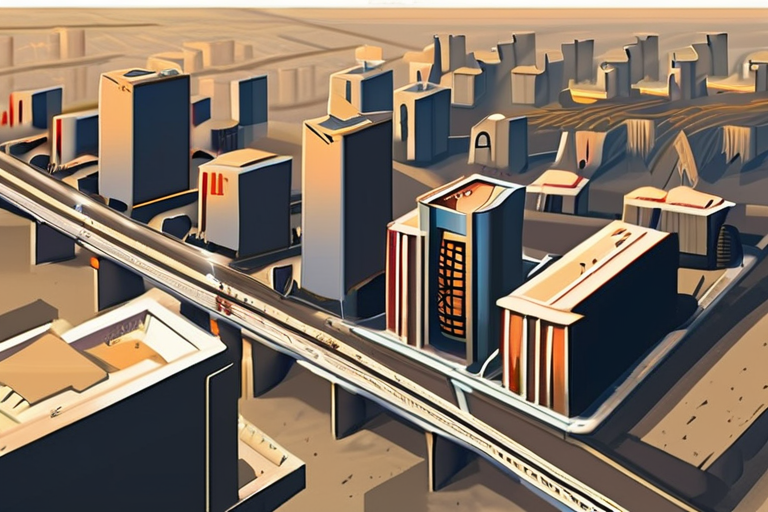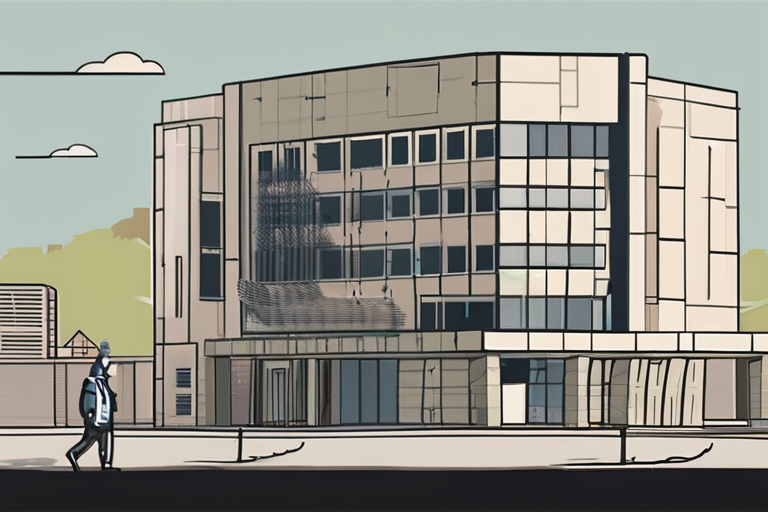El Fasher's 500-Day Siege: A City Held Hostage by Hunger and War


Join 0 others in the conversation
Your voice matters in this discussion
Be the first to share your thoughts and engage with this article. Your perspective matters!
Discover articles from our community

 Hoppi
Hoppi

 Hoppi
Hoppi

 Hoppi
Hoppi

 Hoppi
Hoppi

 Hoppi
Hoppi

 Hoppi
Hoppi

ROBERT REDFORD: A LEGACY OF REBELLION AND REFINEMENT New York, NY - Robert Redford, the iconic actor and director, left …

Hoppi

Anker Magnetic Power Bank Sees Record Low Price In a significant sale, the Anker 622 Magnetic Battery has dropped to …

Hoppi

Emmys Hit 7.4 Million Viewers, Most-Watched Ceremony Since 2021 The 77th Emmy Awards ceremony, broadcast on CBS Sunday night, drew …

Hoppi

Israel Strikes Hamas Leaders in Qatar, Diplomacy in Shambles In a shocking escalation of the conflict in Gaza, Israel launched …

Hoppi

Breaking News: Nations Woo PhD Students Amid US Funding Uncertainties In a significant shift in the global academic landscape, several …

Hoppi

MIT Professor Cancels Israeli Military Grant After Student Pressure CAMBRIDGE, Mass. - In a significant victory for student activism, an …

Hoppi